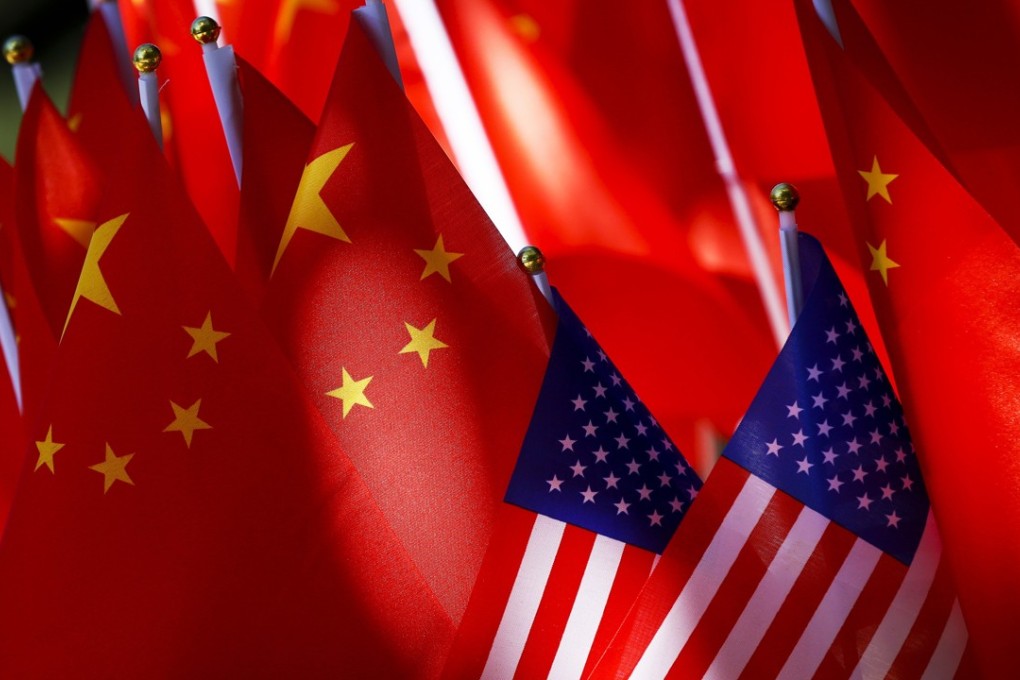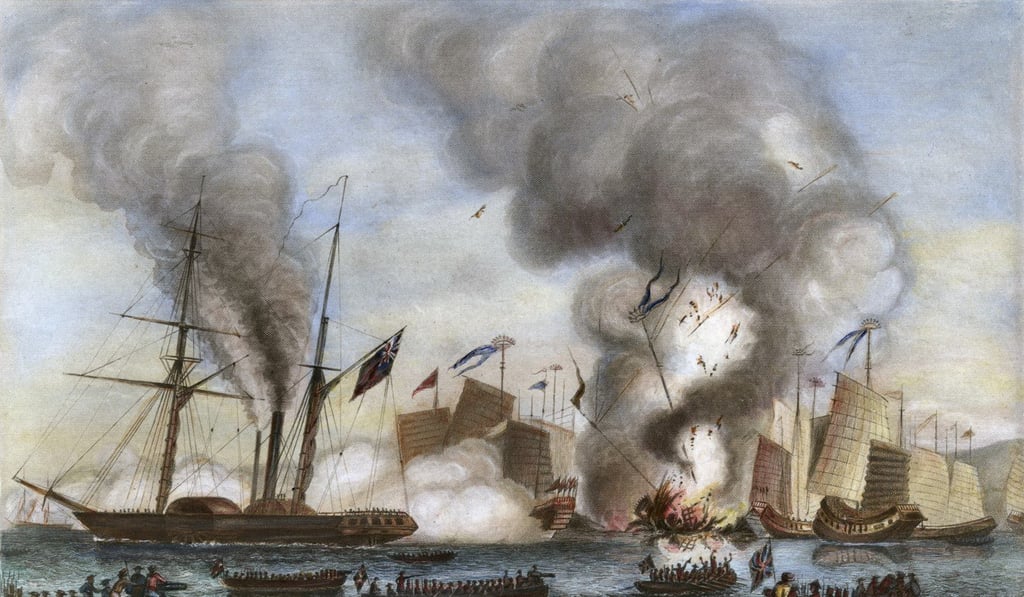Asian Angle | Might trumps right: lessons learned by China in the opium wars ring true in US trade row
Beijing understands from bitter experience that great powers can act how they please, morality be damned

Are there lessons Beijing can draw from the first opium war (1839-42) as it faces an increasingly adversarial United States that regards China as a threat to its strategic dominance?
That war saw a British force of about 20,000 troops sail to defeat a Chinese army of more than 220,000 marshalled by the Qing dynasty then ruling China. It marked the beginning of what has been seared into the Chinese memory as “100 years of humiliation” by foreign powers.
Chinese leaders through the years would invoke it to whip up nationalist sentiment to resist any perceived threat by foreign powers, a clarion call that has been sounded in the current trade war with the US. As in the present row, what sparked off hostilities with Britain was, ostensibly, a very sizeable imbalance in bilateral trade.

By the early 18th century, the British had so taken to drinking tea that some in the British government called it a “necessity of life”. The tea came from the southern Chinese city of Canton, designated by the Qing government as the only place where trading with foreigners was allowed. By 1725, the British East India Company was importing 250,000 pounds of tea per year. This ballooned to 24 million pounds per year by 1805.
Unfortunately for the British, the Chinese bought few British products, and worse, they wanted to be paid only in silver. Thus, between 1710 and 1760, Britain paid 26 million pounds of the precious metal for its tea.

